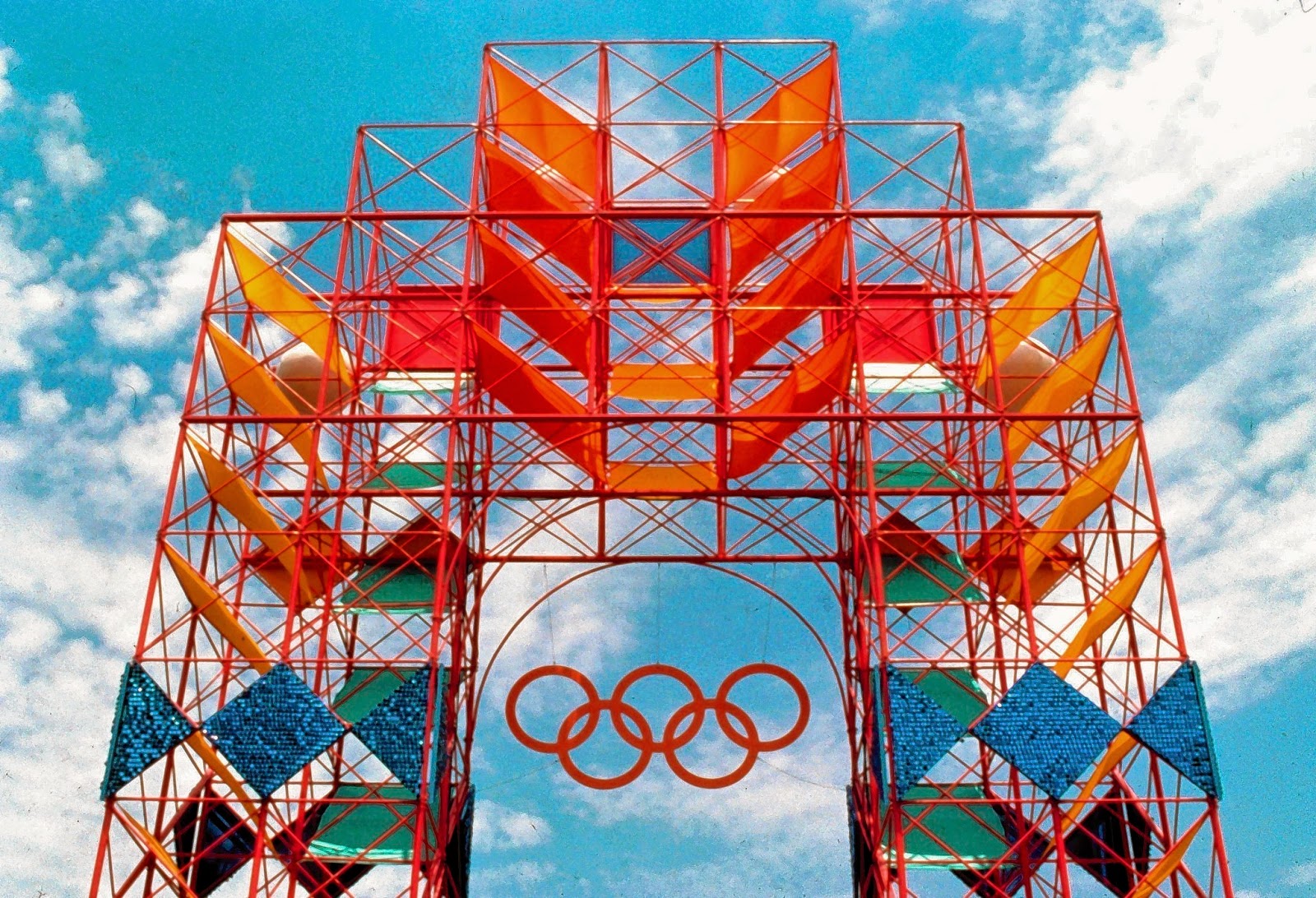Wednesday, April 22, 2015
Monday, April 13, 2015
Friday, April 10, 2015
Thursday, April 9, 2015
Sunday, April 5, 2015
Wednesday, April 1, 2015
Deborah Sussman
 Deborah
was born in Brooklyn, NY in 1931. She was a graphic designer and environmental
designer. Throughout Deborah’s life she did many great things that have made
her a design icon. She was a groundbreaking Los Angeles designer and was one of
the primary creators of the cross between architecture and large-scale signage
known as supergraphics. Deborah was an upbeat and feisty woman who found joy in
integrating different types of design to create something unique and
meaningful.
Deborah
was born in Brooklyn, NY in 1931. She was a graphic designer and environmental
designer. Throughout Deborah’s life she did many great things that have made
her a design icon. She was a groundbreaking Los Angeles designer and was one of
the primary creators of the cross between architecture and large-scale signage
known as supergraphics. Deborah was an upbeat and feisty woman who found joy in
integrating different types of design to create something unique and
meaningful.
She first realized she wanted to be
a designer in summer school at Black Mountain College in 1948, where she was
exposed to visual art through her talented professors. She later attended Bart
College at Annandale-on-Hudson in New York and majored in painting and acting.
It wasn’t until she went to the Institute of Design in Chicago that she majored
in graphic design. After she finished college in 1953, she was invited to join
the distinguished office of designers Charles and Ray Eames in Venice, CA. During
her time with the Eames she did many great things, she designed showrooms,
print ads and worked on revolutionary museum exhibits.
Sussman later decided to leave the
Eames to open up her own company. In 1972 she met Paul Prejza, an architect and
urban planner. They were married that same year and he become a member of her
company, which was then called Sussman/Prejza & Company. They were known by
most people to have a unique style of design by using vibrant colors and
creating spaces that were unique and stood out among the crowd.
She is best
known for: redecorating the interior of the forum for the rolling stones tour, collaborations
with Frank Gehry, Norman Foster, and the signage and wayfinding for new public
projects in LA. Deborah’s biggest success as a designer was her work on the
1984 LA Olympics. Her Olympic designs essentially took the idea of supergraphics
and turned it into a design strategy for which she used to design the medal
stands, temporary seating, and signs of all scales. Visually she changed the
face of design by using bright colors and integrating the different types of
design to make one big masterpiece.
Subscribe to:
Comments (Atom)













.jpg)

